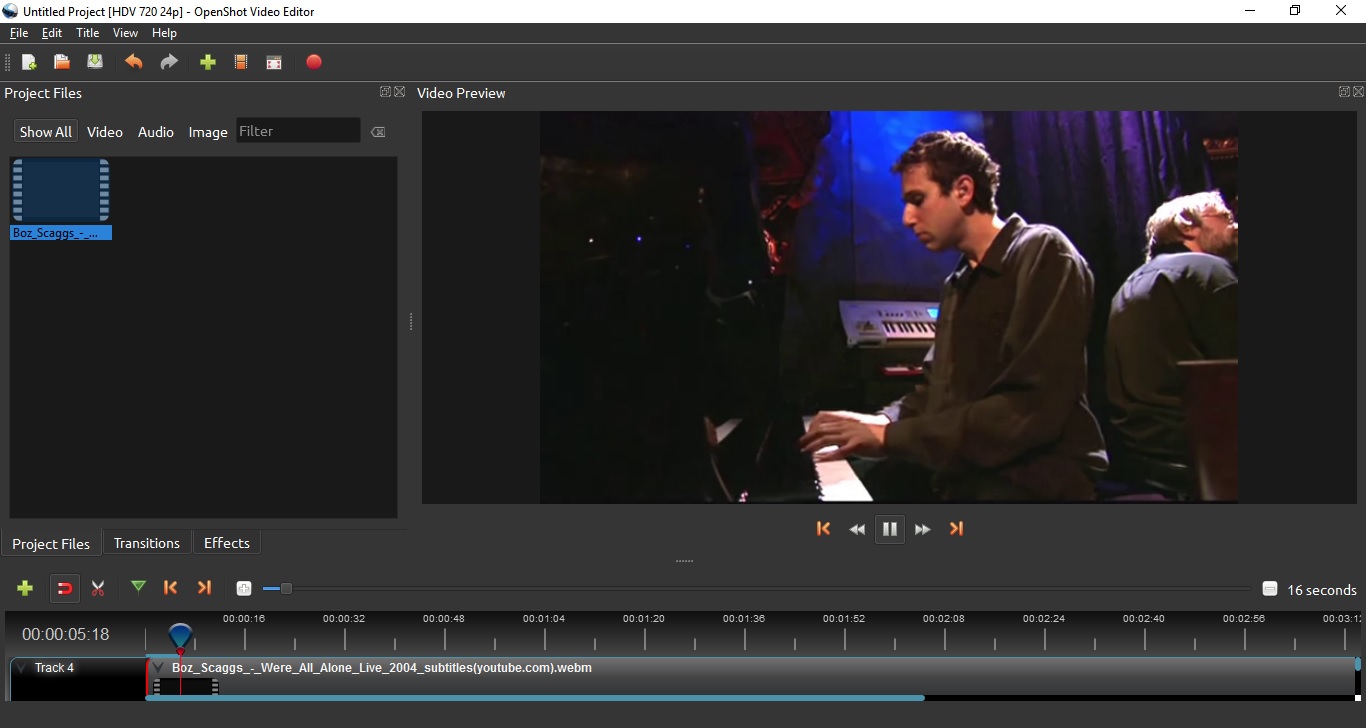

The Raspberry Pi foundation has spent a decade refining the RasPi, with each model having distinct features, which is why no one model is the best. These days, the RasPi 4 is a worthy pocket-sized computer.

To keep the device from ballooning in price, the founders cut a lot of features and expensive components that appeared in later models. The first RasPi was a novel device, unlike anything the tech world had ever seen.

Whether you want to build a media server for your home network or a low-cost desktop computer with basic editing capabilities, the RasPi is a useful tool for any curious video professional, with some spare time. Projects vary by difficulty, but the skills learned - whether it be soldering, coding in Python, or navigating the Linux command terminal - might make the time spent indoors more productive in the long-term. The best thing about the RasPi, apart from its convenience and versatility, is how affordable it is and its ability to transform into another project quickly. I’ve used an old RasPi 3 as an ad blocker for my network at home, and I recently got a new RasPi to use as a desktop computer. For instance, the RasPi Zero, which is the smallest and least powerful version, is now being used in new ventilators to combat the shortage of the life-saving device during the COVID-19 pandemic. While the device is used by many schools and educators to teach children to code, it’s much more than an educational tool - it’s a tiny workhorse. Across the world, children have used the Raspberry Pi for coding and robotics projects, such as the one pictured here.


 0 kommentar(er)
0 kommentar(er)
